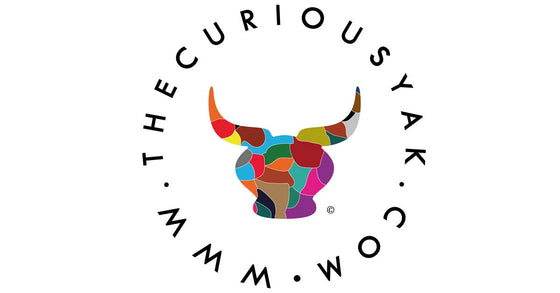
Trade or Aid....
For those that live in poorer countries, their prospects are fairly diminished and with very few opportunities, they rely on aid to survive. This unfortunate situation leads to poverty, starvation and many other problems, including health issues and that is something that should not be happening in the 21st century.
The truth is, these people that come from unfortunate backgrounds are held back by the constraints of a lack of education and job opportunities, but they are no different to anyone else. They have natural, raw talent and skills that can be utilised way beyond the need to rely on aid. They have the ability to make a difference to their lives but a lack of knowledge of where to turn to make a change can hold them back. They then become sucked into the world of aid, knowing no different and ultimately living a life where they are not given a chance to fulfil their potential, but this is where trade can make a difference.
Aid Is Wasteful
When it comes to developing countries, aid is extremely wasteful and it also encourages a culture of dependency. This can mean that people are held back from progressing and achieving and so, people also suffer from low self-esteem and that can have a significant impact in the long term. Trade is more beneficial for countries and communities because it brings people together but it can create industries and boost economies, all of which comes with significant advantages. It’s about giving people a chance to make a difference and become a part of something unique and worthwhile. Trade is vital, especially when you have people who can work with different materials and techniques to create stunning unique products that can be sold to markets around the world.
Aid Underpins Hidden Motives
Facts and figures concealed by a number of high profile companies are alarming. Aid often ends up in the wrong hands because there are vested interests involved and so, it very rarely helps to enhance living standards or make any significant improvements. Sadly it is often tied to varying agreements, and doesn’t reach where it is needed, that means that people who need it miss out.
However, trade and utilising communities to create and sell products can help to reduce this mismanagement of aid, ensuring that those who need it, get it. Trade ensures that those who put in the hard work to create beautiful products are entitled to what is theirs. They get recognised for contributing and they get paid fairly, ensuring they can benefit from improved financial stability and opportunities.
Trade Improves Welfare
Trade is one way of economies to develop to a point where they enhance their economic welfare. Instead of overlooking the skillset and the potential that they have within communities and relying on aid, trade will enable them to increase economic welfare in a sustainable way. Trade will increase the potential to work with other countries, provide clear opportunities to citizens and from that will arise more possibilities to grow and strengthen. It’s an investment and you’ve got to speculate to accumulate but in the long run, trade over aid wins every single time.
All images on this blog have been taken by us with permission of all involved. All images are protected under copyright are not to be used without written consent.
